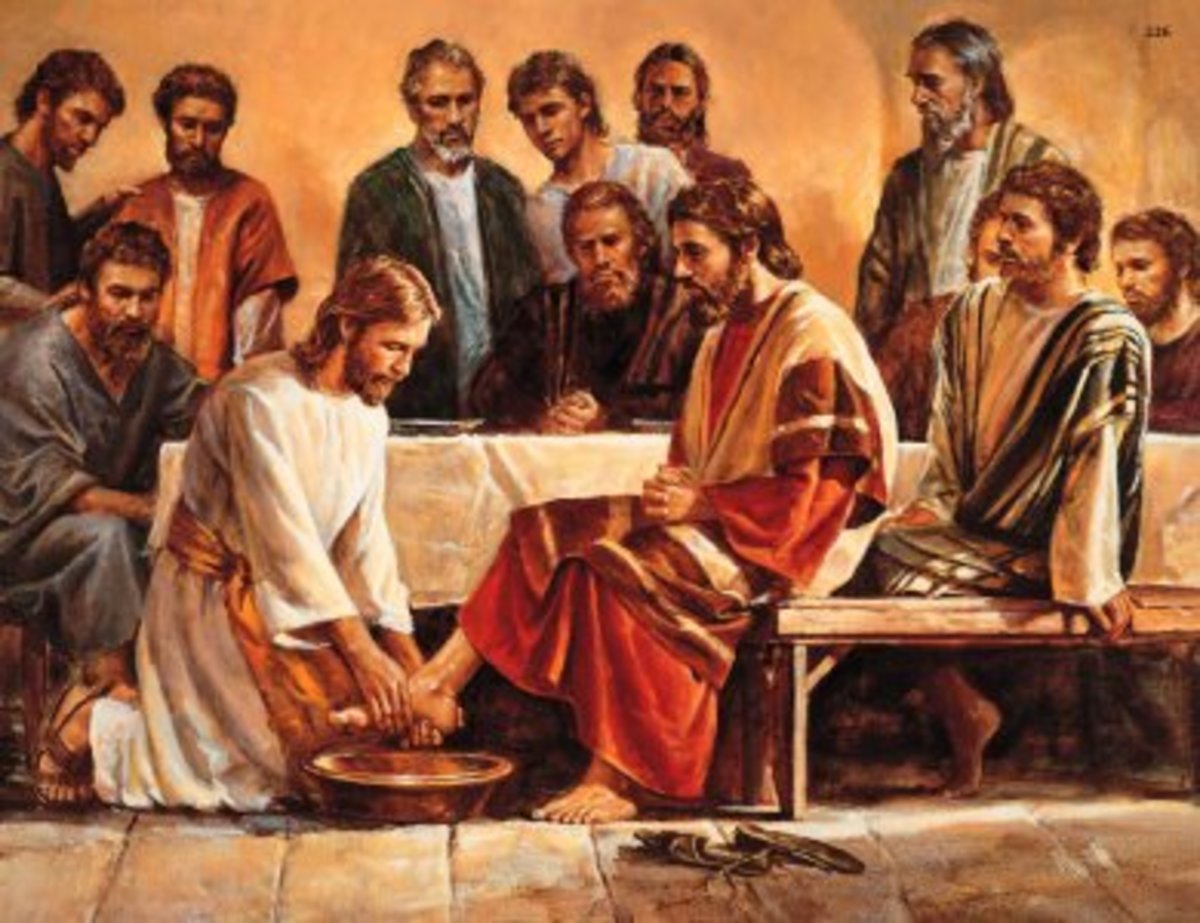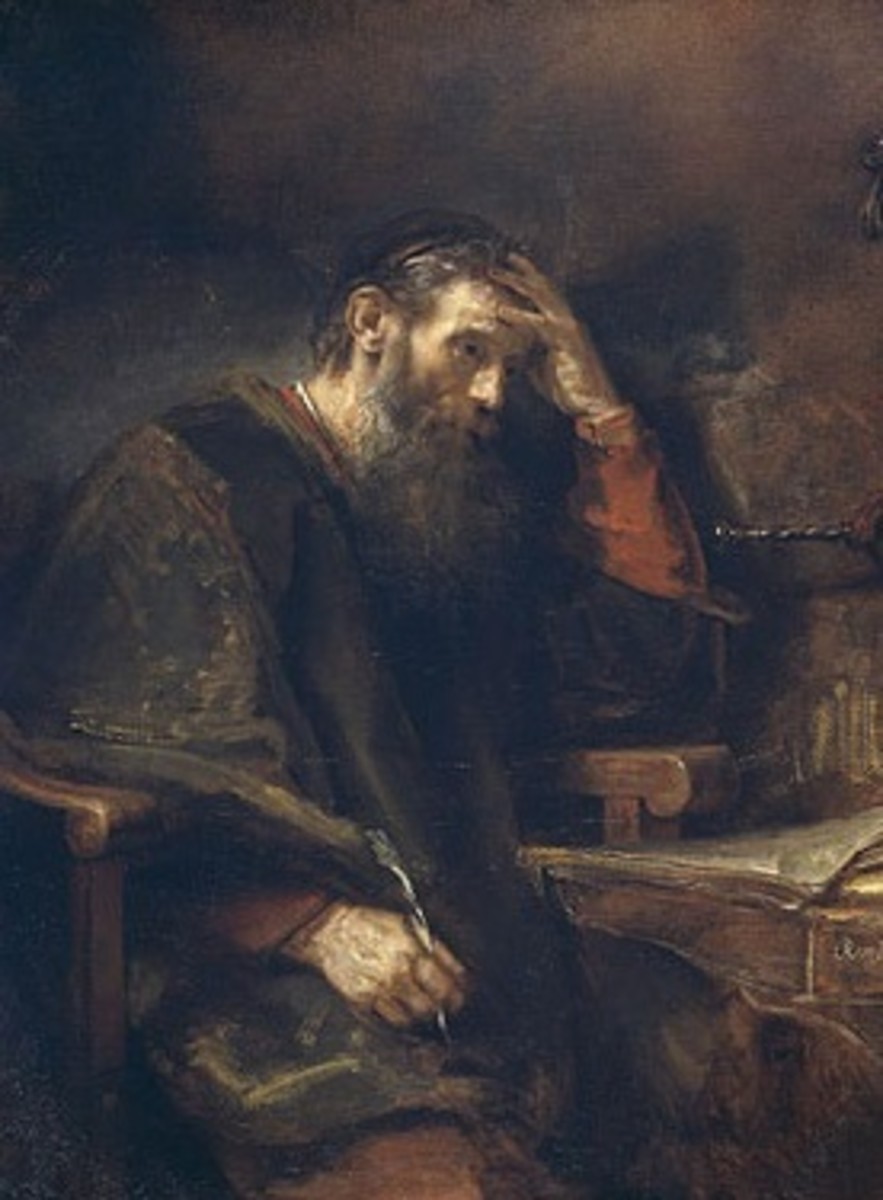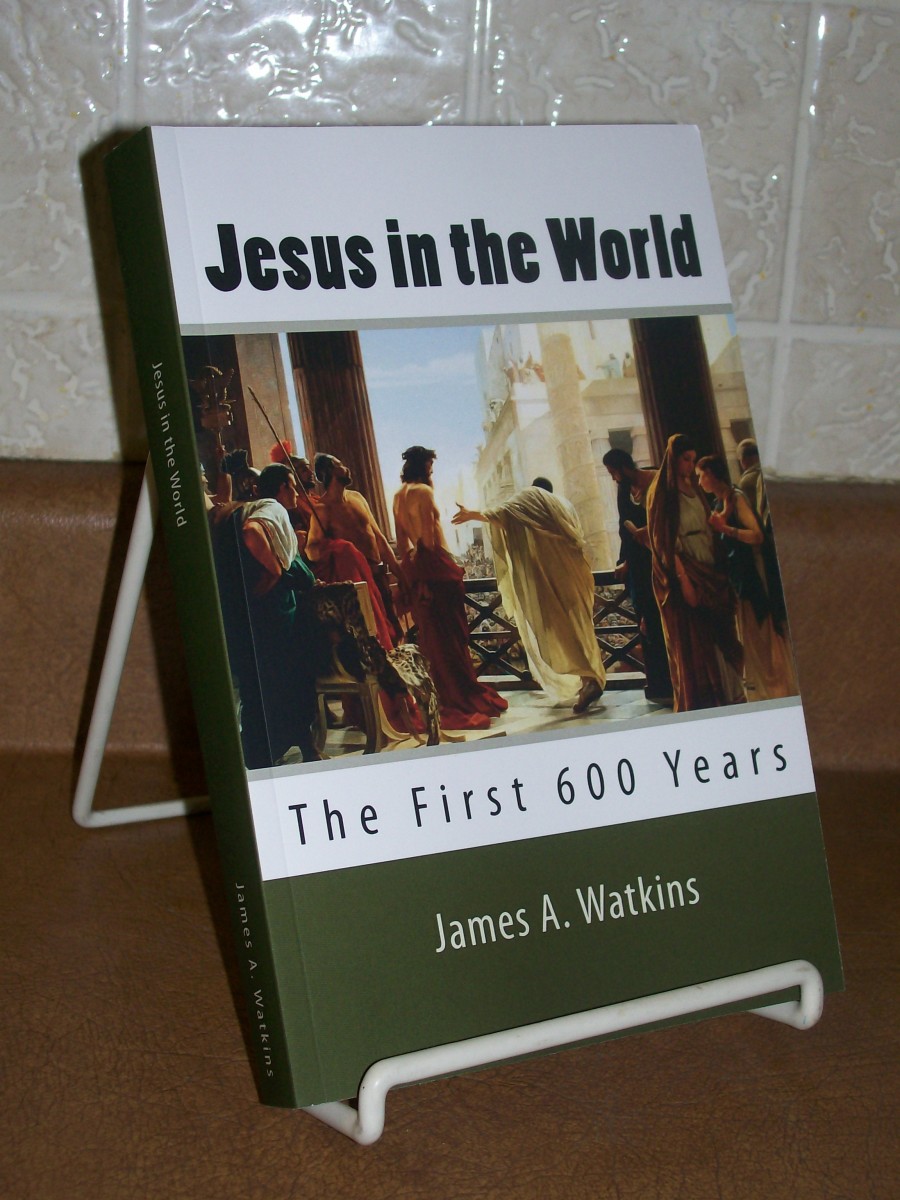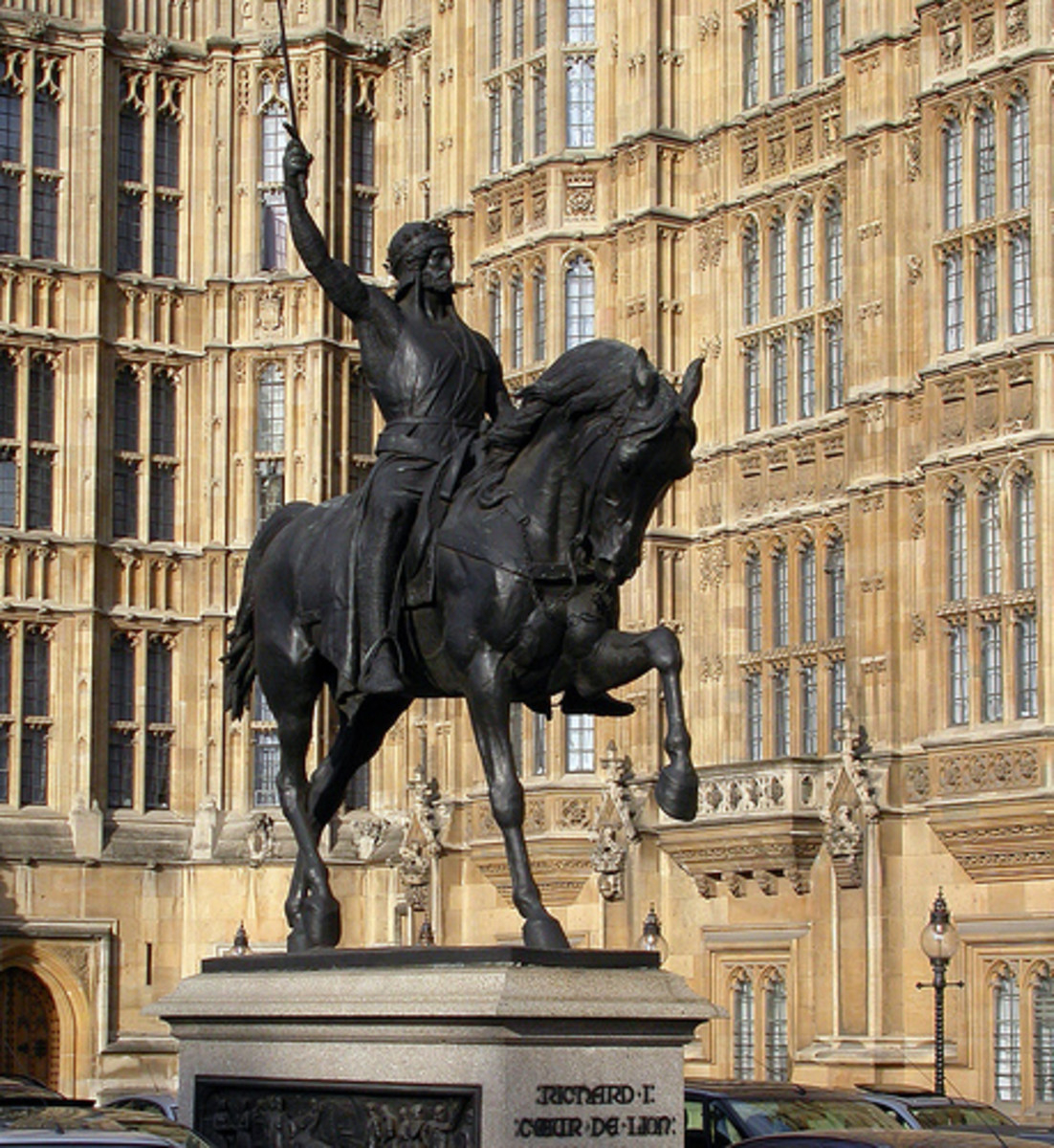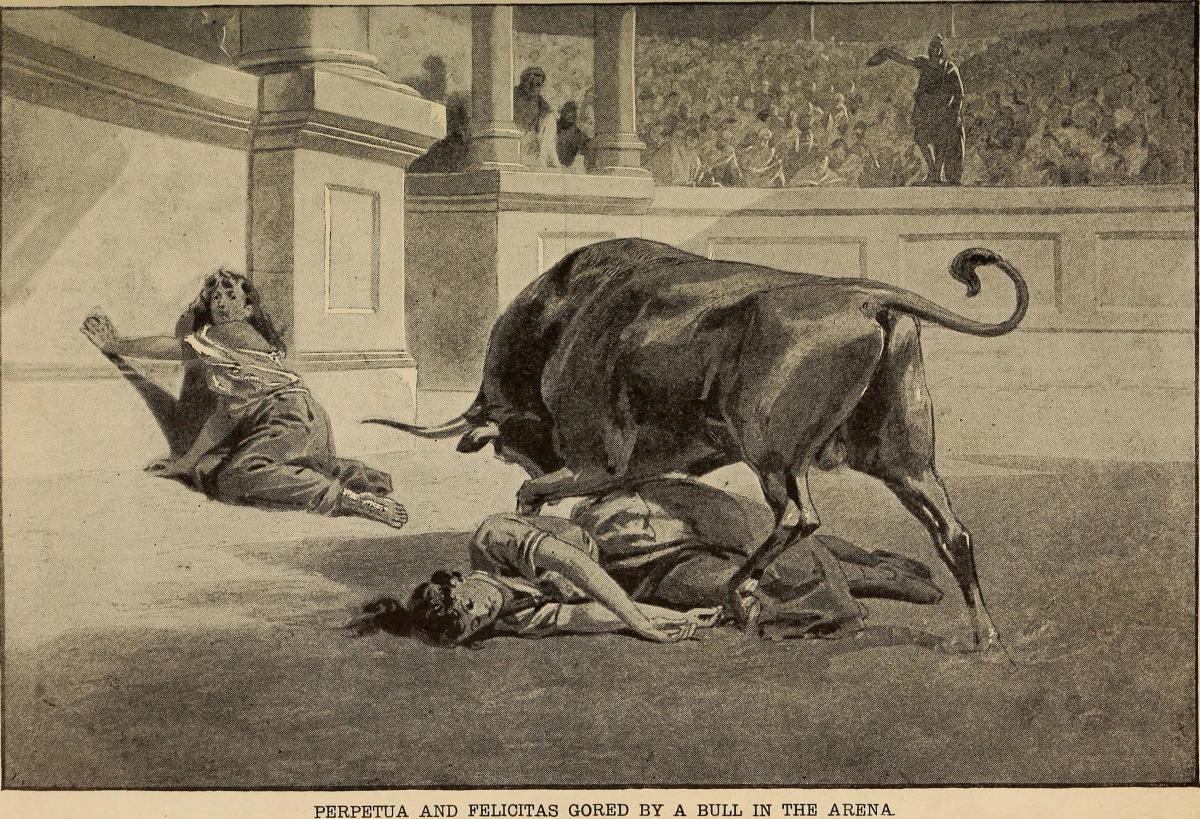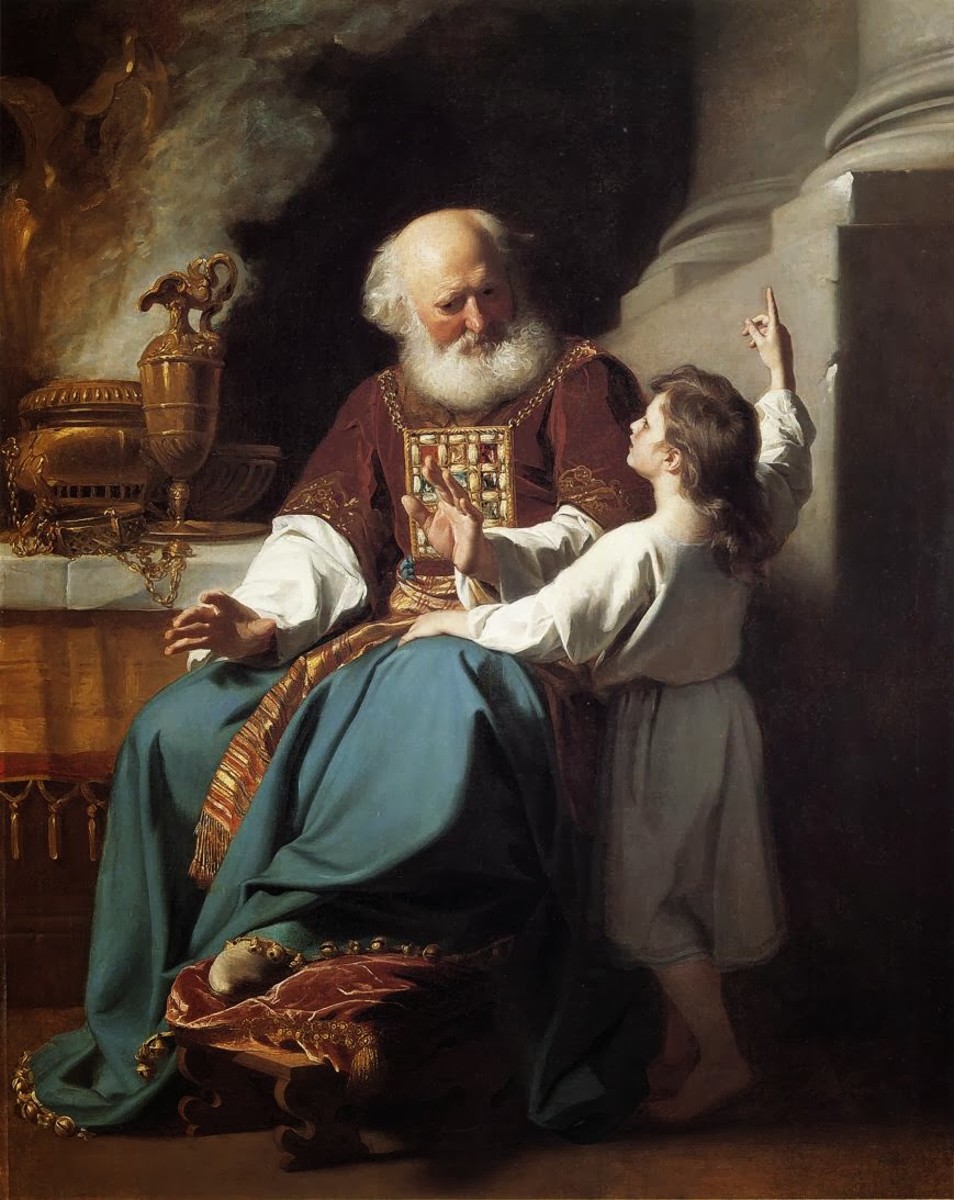The Church - After the Apostles
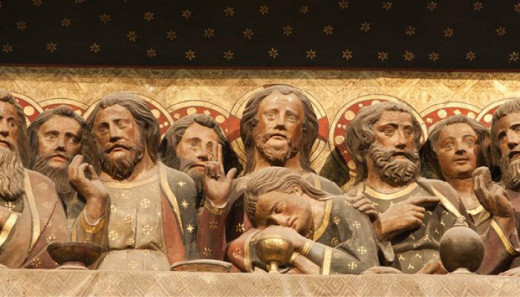
What Happened After The Apostles?
Near the end of the first century, the band of believers that Jesus personally taught and trained had all but disappeared. The Apostle James, brother of John, was the first to be martyred. Now it was down to the last living Apostle, John, to close the Word of God with the unveiling of the ‘Revelation'. He too, would pass what had been entrusted to him to faithful and trustworthy men, like the Apostle Paul instructed one of his disciples, Timothy, to do. The lot to leave the gospel into the hands of trustworthy Christians fell to each of the Apostles, and by extension, to us as well. I don't know how many men and women the apostles personally trained up and sent out, but the Apostle John had two very capable prospects in two of his pupils, Polycarp and Papias.
Saint Polycarp was bishop of the Church in Smyrna in the second century. He was born in 69 A.D, and was martyred in 155-156 A.D. It is recorded that he had been a disciple of the Apostle John. He is recognized as one of the three ‘Apostolic Fathers', along with Clement of Rome and Ignatius of Antioch. His only surviving work is his ‘Letter to the Philippians'.
St. Polycarp is one who gives us a direct link to the original apostles or to three of them at least: Paul, Peter and John. After the persecution, that destroyed the Jewish Temple, broke out around 70 A.D., the apostles scattered, with
Peter, James, John and possibly Paul taking temporary refuge in Ephesus. For the next fourteen years, prior to the Apostle John being exiled to the island of Patmos, they and other disciples labored in Ephesus, making it the center of the Church's activities. Contrary to popular belief, Rome was not the center of the Christian faith after the destruction of Jerusalem and the Temple, Ephesus was. It is believed that it was there in Ephesus the Apostle John taught and trained Polycarp and Papias.
Saint Polycarp was, and is, highly esteemed by the ‘Orthodox Churches', ‘Oriental Churches', Protestants and Catholics' alike. Yet, St. Polycarp was neither philosopher nor theologian. He was a gifted speaker and authenticator of Christian ‘Revelation' during a time when the Christian Scripture were just beginning to achieve widespread acceptance.
Saint Polycarp became a great defender of the ‘Faith', successfully arguing the teachings of Jesus and the apostles against the heretics of his day.
His skillful oratory and gifted insights into the word of God made him a much feared man among the heretics.
To read and study about this true saint of God gives us a better understanding of how the first and second century Churches were established and operated.

